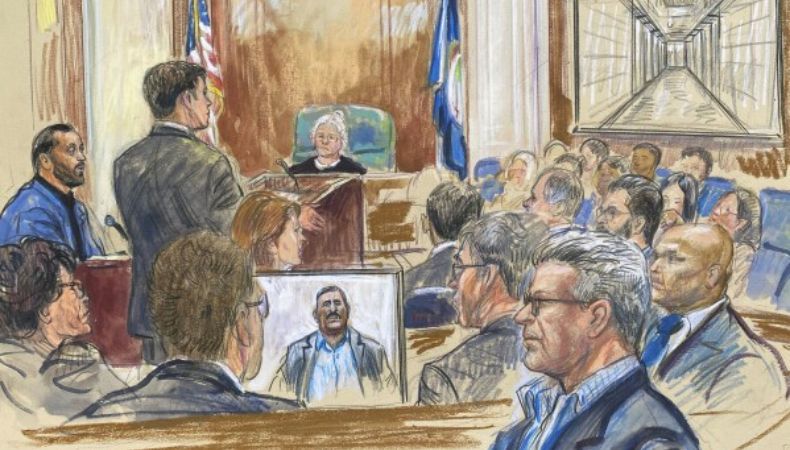Retired General’s testimony links contractor to Abu Ghraib abuse trial

Retired Army General Antonio Taguba’s declaration in a government court trial shed light on the association of civilian temporary workers with the abuse of prisoners at Iraq’s infamous Abu Ghraib jail. Taguba’s examination revealed evidence ensnaring civilian temporary worker Steven Stefanowicz in direct views to “mollify up” prisoners for cross examination. His declaration gave a significant connection between civilian temporary workers and the manhandle dispensed on detainees at the office.
Legitimate Procedures Against CACI
The trial, which has been postponed for over 15 years due to legitimate complexities, marks a significant moment for justice as previous Abu Ghraib prisoners seek after responsibility from the Virginia-based military temporary worker, CACI, through a respectful case. Three offended parties are suing CACI, charging that the company’s arrangement of civilian examiners to the Army played a noteworthy role in facilitating and planning in the torture and abuse they endured. This trial speaks to the primary opportunity for Abu Ghraib inmates to look for a response through a gracious case before a U.S. jury.
Taguba’s Examination Challenges
In spite of the careful quality of Taguba’s examination, he acknowledged certain restrictions. His focus fundamentally on the activities of military police, instead of civilian temporary workers, at first limited the scope of his request. In any case, sound declarations from military work force proposed the significant association of civilian examiners in the manhandle at Abu Ghraib, provoking Taguba to dig more profound into their part. The chaotic and ineffectively overseen environment at the jail, compounded by hazy command structures and interagency participation, encouraged Taguba’s investigative endeavors.
Offended party Declaration and Defense Challenges
As part of the trial procedures, one of the offended parties, Asa’ad Hamza Zuba’e, affirmed remotely from Iraq, giving a firsthand account of the horrendous mishandle he persevered at Abu Ghraib. Zuba’e related being subjected to bareness, dangers with mutts, and constrained masturbation in the vicinity of jail workers. CACI’s defense group challenged the validity of Zuba’e’s claims, citing errors with government reports with respect to the timeline of events and the nearness of mutts at the jail amid the alleged occurrences. By raising questions around the legitimacy of the plaintiffs’ charges, the defense looked to undermine the case against CACI and clear the company of duty for the mishandle committed at Abu Ghraib.
The trial involving CACI’s charged complicity in the mistreatment of prisoners at Abu Ghraib speaks to a basic point in the interest of equity for casualties of human rights infringement. General Taguba’s declaration gave vital proof connecting civilian temporary workers to the mishandle, highlighting the requirement for responsibility and change. In spite of the challenges and complexities encompassing the lawful procedures, the trial serves as a confirmation to the persevering journey for responsibility and justice in the confrontation of appalling human rights manhandle.




